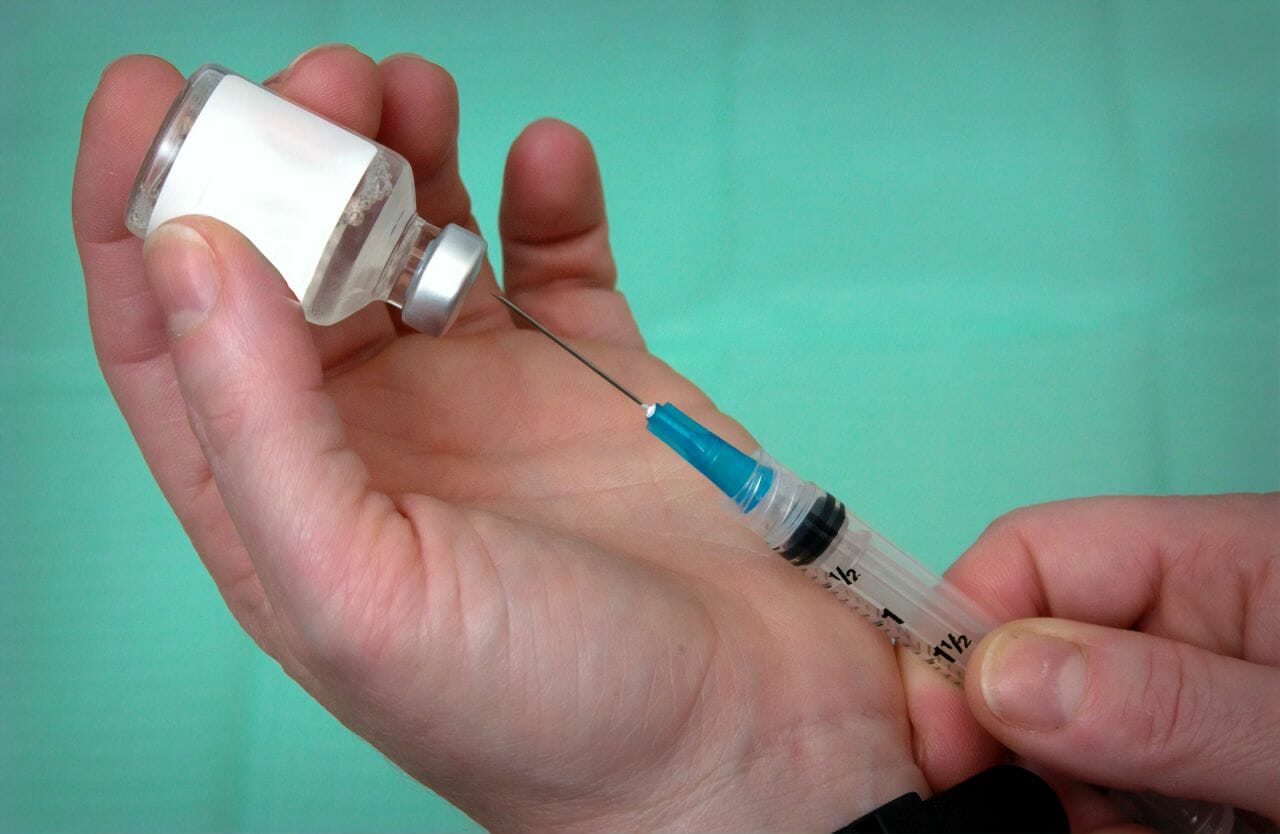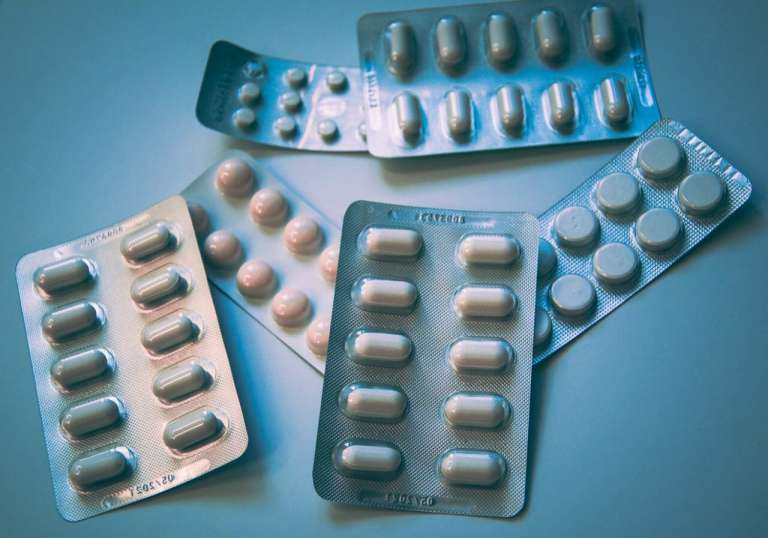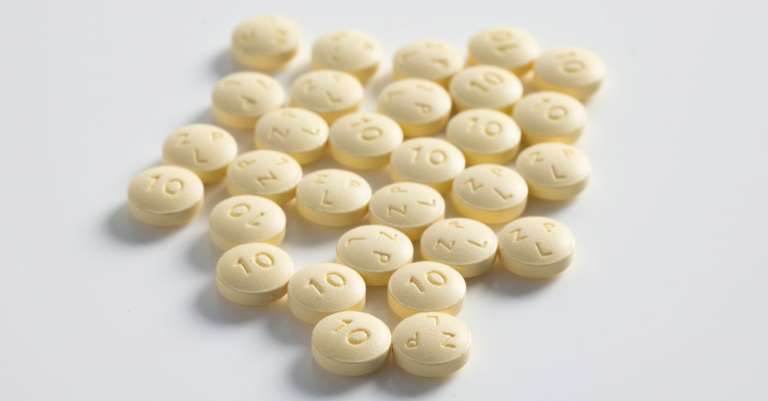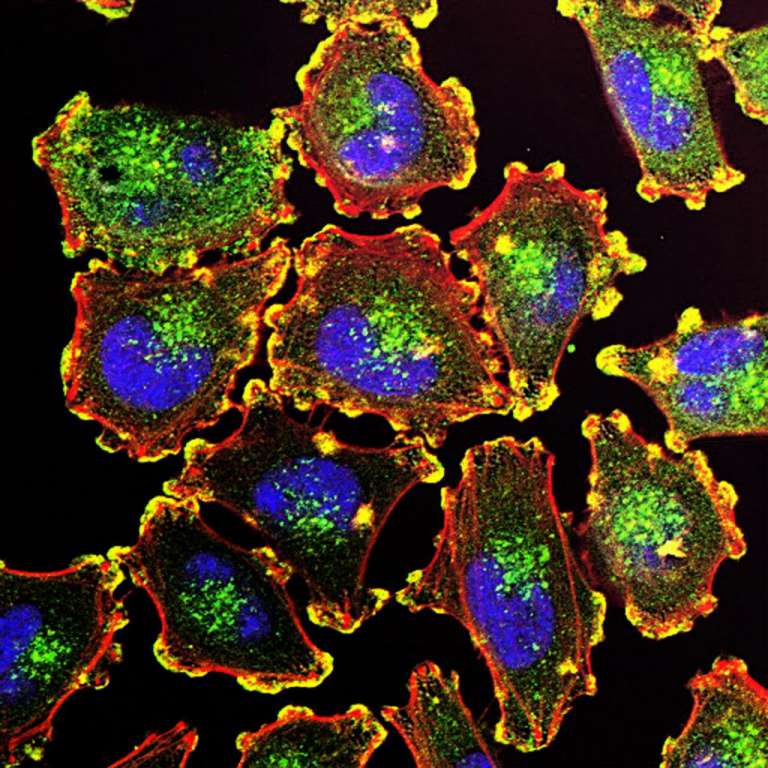AstraZeneca’s position in the race to deliver the first COVID-19 vaccine has taken a blow, last week. They have had to pause their vaccine trials, after one of the UK participants has had a suspected adverse reaction.
Vaccine Trials Paused
AstraZeneca are developing a COVID-19 vaccine, alongside Oxford University. They were on track to deliver the world’s first results from a large COVID-19 vaccine trial, after successful phase 1 and 2 testing. But they have now been forced to pause all clinical trials, after a participant in the UK is ill, with a suspected adverse reaction to the vaccine.
The New York Times reported that the participant has transverse myelitis. Transverse myelitis is an inflammatory condition of the spinal cord, which has been associated with vaccines in past, including hepatitis B, measles-mumps-rubella and diphtheria-tetanus-pertussis. However, it is a rare condition.
Safety Concerns
This bump in the road comes only shortly after the British Government announced plans that would enable a vaccine to be administered without a full product license being granted by the European Medicines Agency (EMA).
It’s not just the UK that are trying to expediate the distribution of a COVID-19 vaccine though. In America, the White House has expressed hope of fast tracking the process, ahead of the Presidential elections, in November. Meanwhile, China and Russia have already began inoculating some key workers, with vaccines they have developed.
However, some say that this pause should act as a reminder, that safety measures are in place for a reason.
Pauses are Normal
Pauses in vaccine trials are not unusual. If anything, it’s the attention that this particular trial is attracting which is extraordinary.
In fact, it isn’t even the first time that this trial has been paused; this is the second instance. And the Financial Times have quoted someone close to the process as saying that more pauses should be expected.
A decision on restarting the trials could come from the Medicines and Healthcare products Regulatory Agency within days. However, with unprecedented levels of attention, and scrutiny, they will no doubt want to make doubly sure it’s safe. Any bad publicity relating to safety could be disastrous. Some people are already expressing concerns about how the usually lengthy process has been drastically shortened.
A Balancing Act
We’re watching a balancing act play out. Governments, pharmaceutical companies and other interested parties are balancing the risks posed by COVID-19 with those of a potential vaccine.
We know that a number of vaccines have a small risk associated with them; however the precise risk attached to a COVID-19 vaccine is not yet known – and likely won’t be until after it’s distributed and administered. We also know that COVID-19 carries a risk; and, the extent of that risk is also not very well understood, at the moment.
Since the crisis reached our shores, and it was predicted that 500,000 would succumb to the disease, many have held out hope for a vaccine, to enable a return to some semblance of normality. But as case numbers and deaths declined over the summer, the need for a vaccine also slipped to the back of people’s minds. But with a recent increase in case numbers, it’s looking ever more likely that a vaccine will be needed to free us from the shackles of COVID-19.
However, the public need reassurance that a vaccine will be safe.
Will a COVID-19 Vaccine be Safe?
There is no way we can accurately speculate as to whether a future vaccine will be safe. But, looking at the facts, it would be reasonable to assume the risk of issues is higher than it normally would be.
The speed at which vaccines are being developed is unprecedented. And it follows that some of the usual processes have been expedited to facilitate this. The Financial Times have reported to have seen a memo from Vaccines Europe, a division of the European Federation of Pharmaceutical Industries and Associations, saying that due to the speed and scale of the development it has been/will be impossible to generate the same amount of evidence. The memo reportedly said that this creates “inevitable” risks.
An emerging issue now, is the responsibility pharmaceutical companies should take for these inevitable risks.
Ordinarily, you’d expect a company to take financial responsibility to anyone they harm. But it looks like, in this instance, pharmaceutical companies are hoping to avoid that.
The UK Government are currently consulting over civil liability.
Less Haste, More Safe
Whilst a quick, mass vaccination programme, would inevitably help us in the short term, we must not be myopic. We should not lose sight of the reasons why safety measures are in place, and the catastrophic consequences that relaxing them too far could have. The last thing we need is a vaccine which prevents COVID-19, but causes other health problems, to add to the pressure on our already struggling and backlogged healthcare systems.
It’s a given that some problems are likely to be inevitable. People with allergies have adverse reactions to all sorts of day-to-day things, so it’s unrealistic to expect a COVID-19 vaccine to be any different. But we need to ensure that an effective and fair method of compensation is available for those victims.
For vaccination to be effective, public engagement is essential. So, it could be argued that taking a vaccine, is doing your part for society. Isn’t the right to compensation if things go wrong, the least we can offer those ‘doing their part’?
Apparently not, according to Ruud Dobber, a member of AstraZeneca’s senior team, who told Reuters that “This is a unique situation where we as a company simply cannot take the risk if in … four years the vaccine is showing side effects”.
Have we Learned Anything?
We have seen from recent scandals that medical devices and medicines can have a devastating impact on people’s lives when they’re not right. But any problems with a COVID-19 vaccine have the potential to be magnified by the sheer scale of how many people could be affected in such a short amount of time.
The Government and the companies involved need to do everything they can to ensure public safety. Immunity from civil liability doesn’t seem like a logical way to achieve this goal. When combined with the already accelerated testing and development processes, it seems like a perfect storm for quite the opposite.





